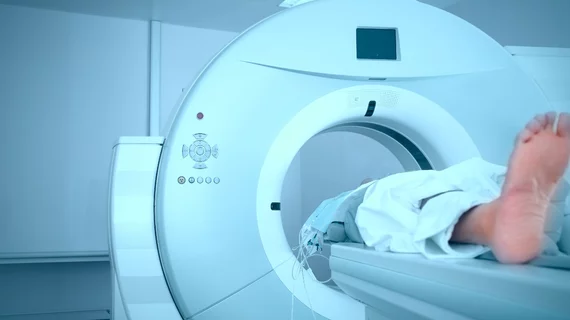Most accidents in MR suites are related to issues with the magnetic field, but researchers from the department of radiology at the University of Washington have a few real-world approaches to boost safety that they outline in an article published online Aug. 24 in the Journal of the American College of Radiology.
Most MRI-related accidents result from external metals, either in the environment or physically on the patient, wrote lead researcher Nathan Cross, MD, MS, a neuroradiologist and assistant professor of radiology at the University of Washington in Seattle. Patients with implantable medical devices or work history regularly encountering metallic objects also present risks.
However, MRI-related accidents can be reduced if risk management and training are combined with a carefully constructed and maintained magnet area, according to the researchers.
“Mitigation of safety risks can be achieved via careful site layout, personnel oversight designation, access control, device labeling, screening, and consenting,” the researchers wrote. “MR safety training enables the creation of a safe MR environment, with training levels determined by the personnel access requirements.”
Both patients and personnel should be screened using screening forms, ferromagnetic detection devices and patient gowning, the researchers added. MR safety regulation requirements set by the Joint Commission and the American College of Radiology should be adopted and followed by all MRI personnel.
“With these resources and a carefully selected team, the risk for MRI-related accidents can be vastly reduced if not completely eliminated,” the researchers wrote.

